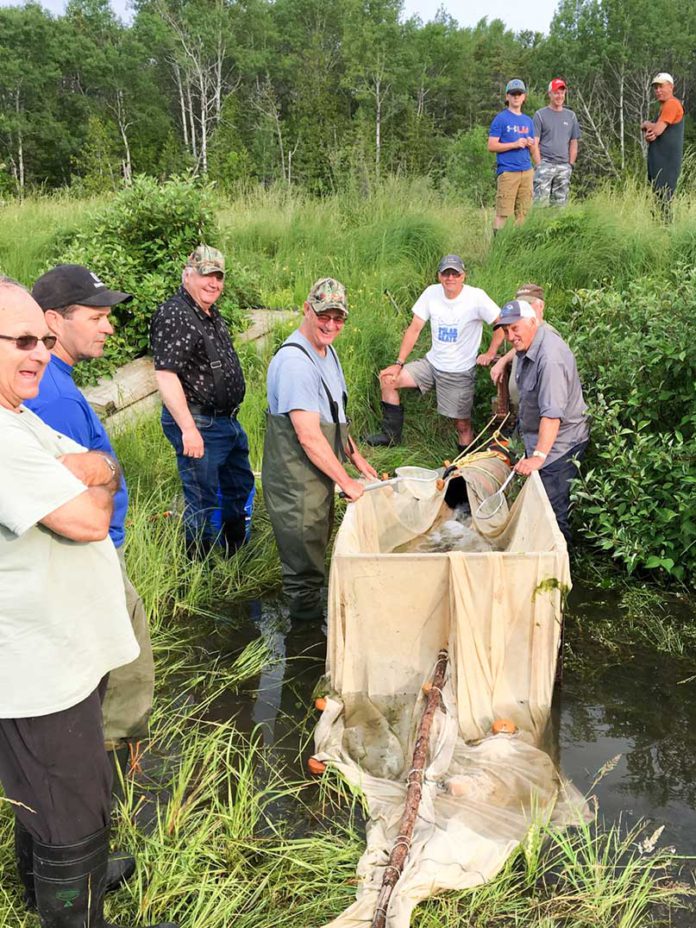CHICAGO—On June 21, governor representatives from each of the Great Lakes States met at the University of Illinois to deliver a precedent setting decision in the Waukesha Great Lakes water diversion proposal, granting that small Wisconsin city, one that is not located within the Great Lakes basin, approval to remove 8.2 million gallons of water a day from Lake Michigan.
As aforementioned, Waukesha is not part of the Great Lakes basin and therefore required the approval of the Great Lakes St. Lawrence Water Resources Regional Body (which includes Ontario and Quebec in an advisory role, but with no real power) followed by the Great Lakes Compact Council, made up of the eight Great Lakes States governors (all sent proxies to the vote). This approval was unanimously granted last week. This was the first time the Compact Council has granted such a request to a non-basin community since its formation in 2008. The grant’s request was to divert water but not to exceed 8.2 million gallons of water a day and that the water is to be returned to the Great Lakes via the Root River in treated wastewater form.
“This is the beginning of the water wars that we were warned about and this will open doors for other jurisdictions outside the Great Lakes basin to tap into the waters,” warned Anishinabek Nation Grand Council Chief Pat Madahbee. “First Nations on the Canadian side have not been consulted as per the United Nations Declaration on the Rights of Indigenous People (UNDRIP) to which both Canada and the United States are signatory. Here we go again; just like the treaties, UNDRIP is being ignored.”
“The Great Lakes are the heart of the Anishinabek Nation and Waukesha’s diversion raises discomfort among the Anishinabek Nation communities,” Chief Madahabee continued. “Our communities are around the Great Lakes and this decision could set a dangerous precedent for other jurisdictions facing water shortages. The Anishinabek Nation has opposed the Waukesha Water Diversion and any other proposed water diversion out of the Great Lakes Basin and we do not support the exception of standards for water diversion to nearby communities that happen to straddle the Great Lakes Basin.”
Grandmother and water walker Josephine Mandamin, originally from Wikwemikong, has walked more than 10,000 miles along the banks of numerous lakes and rivers with her copper pail in order to give the Great Lakes, and all the creatures that depend on them, a voice.
“This is terrible news about Waukesha, now that the precedent is in place,” Ms. Mandamin said sadly.
“Taking care of the water is the responsibility of the Anishinabek people and it is heartbreaking that we are not part of the decisions that are occurring with the waters of the Great Lakes. We are the caretakers of this precious resource. This responsibility was handed to us. We have been governed by the Creator to take care of our Mother, the Earth, and as women we have a duty to perform on behalf of all creation to take special care of the waters. This is a combined responsibility.”
Jim Nies, of Whitewater, Wisconsin and Kagawong, says he is troubled with the involvement, or lack thereof, of Canadian First Nations and American Tribes. “Supposedly they were consulted, but I find it hard to believe they agreed,” he told The Expositor following the decision. “To my way of thinking, if the Tribes/First Nations say ‘no,’ then that’s the end of the application.”
Algoma-Manitoulin MPP Michael Mantha said he’s been very outspoken on the Waukesha diversion and heard many concerns from his constituents.
“Although the government has no voice, I’m disappointed Ontario didn’t voice a stronger opinion on this,” the MPP said. “This now opens up the tap for others to apply.”
“These are sacred waters we have and by opening up these waters, it sets a precedent.”
“Ontario’s role in the future has to actually be a voice,” MPP Mantha said of future applications. “By not having a voice and not voicing an opinion, they are basically accepting this as proposed. They need to be a voice at the table and be clear about what their position is.”




